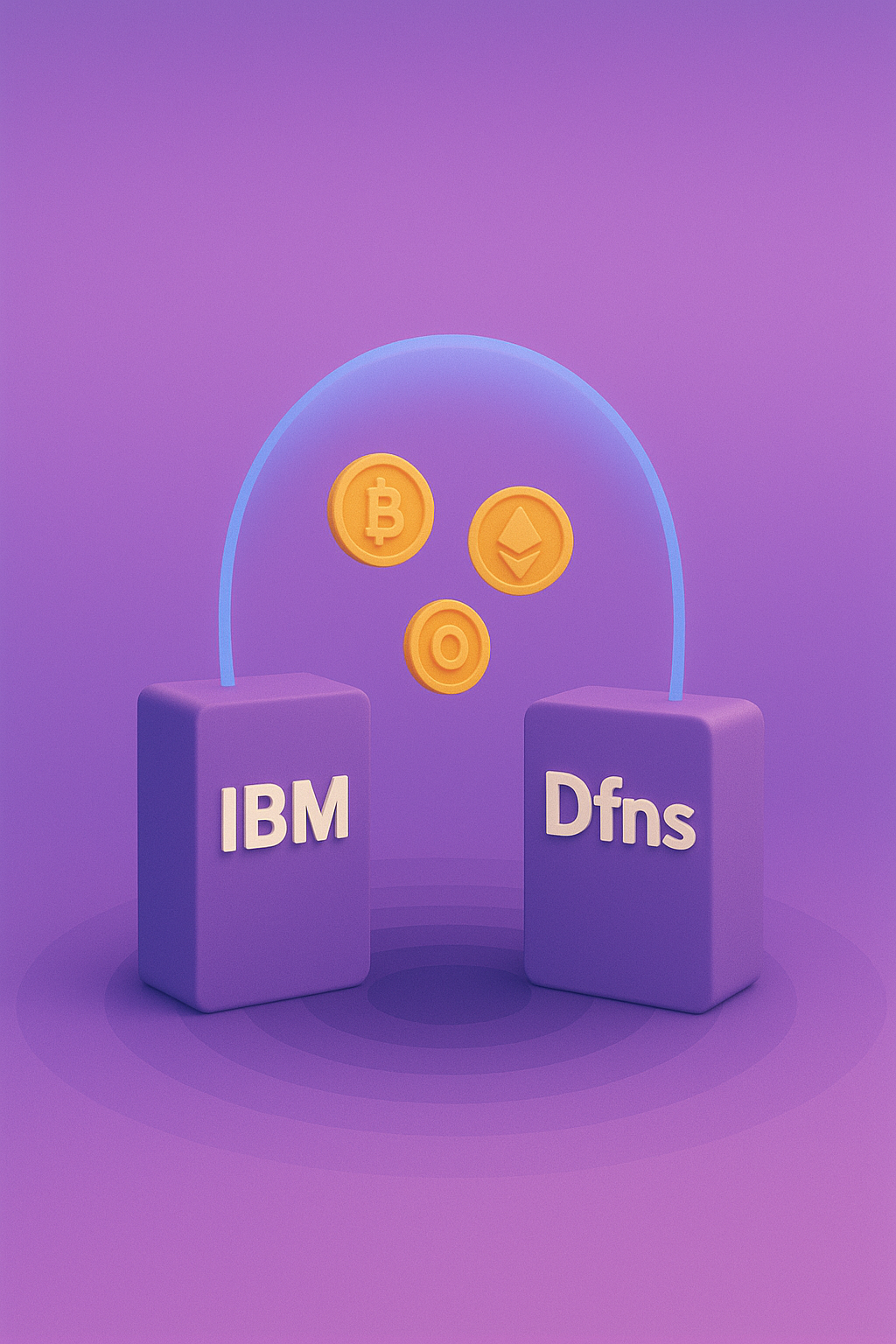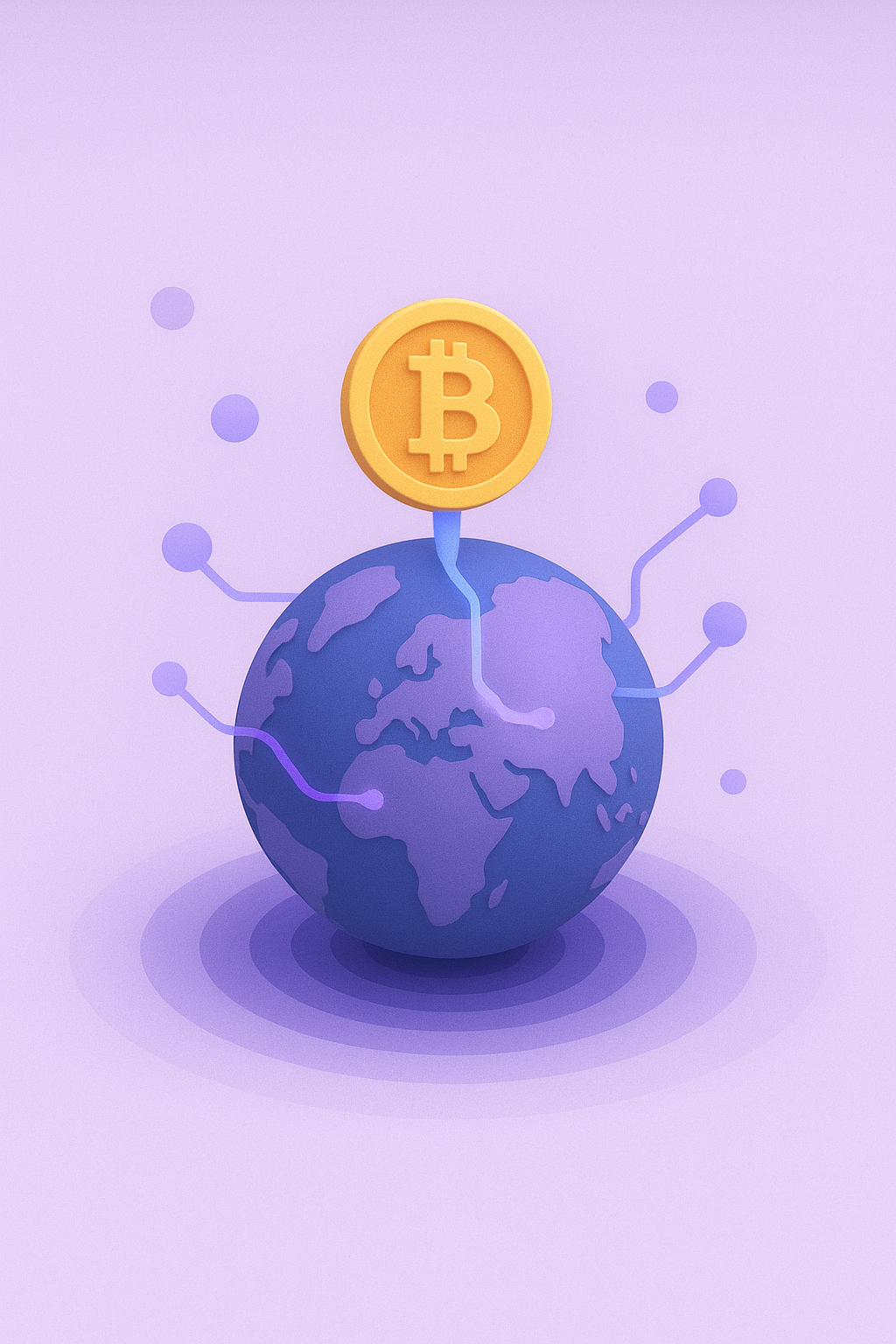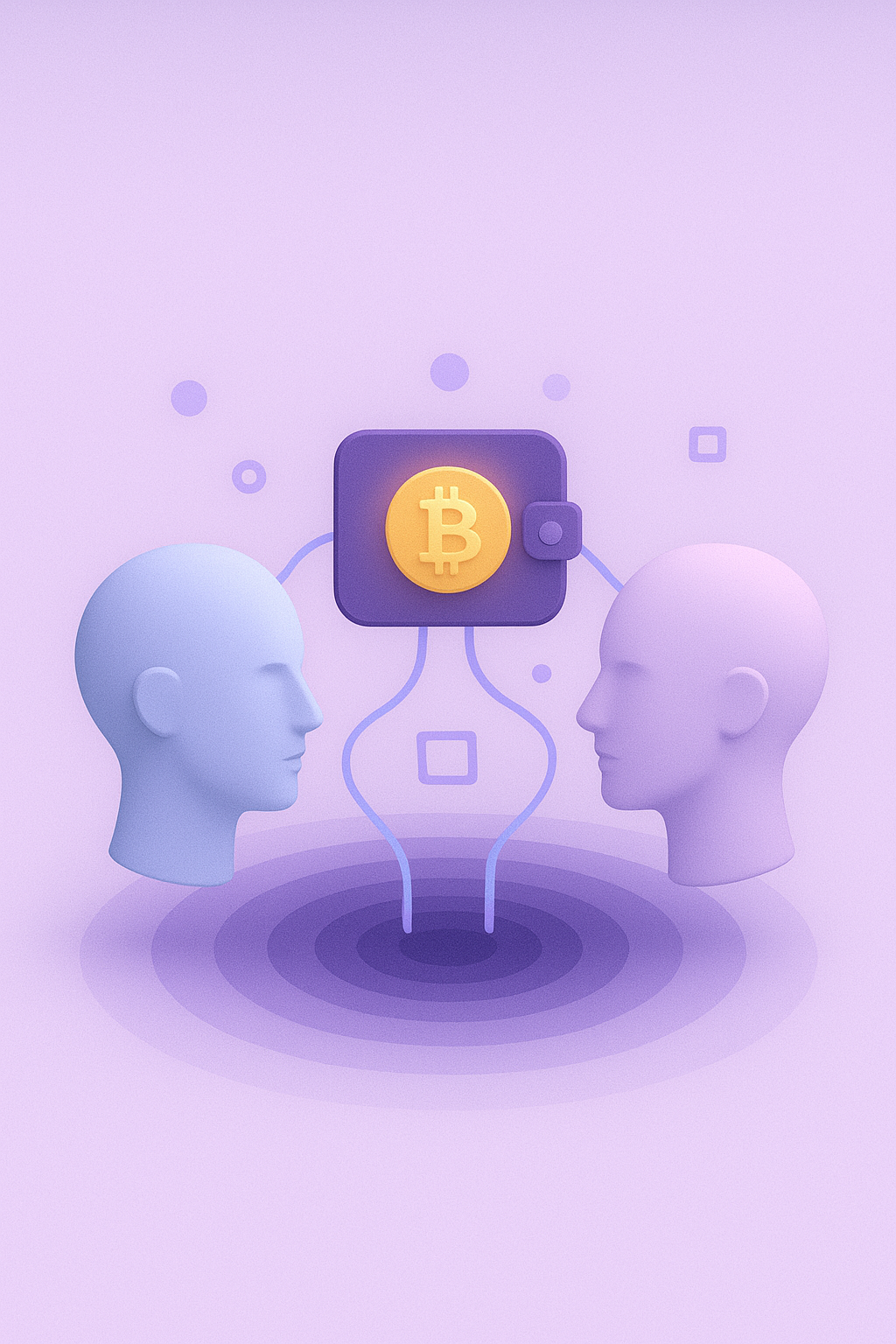Worldcoin stands out for its recent initiative to strengthen user confidence in biometric data protection. The new "Personal Guard" mechanism represents a crucial step towards more integral user control, generating considerable interest in the blockchain and digital identification sector.
The evolution of data management: a turning point for Worldcoin
Worldcoin, an entity recognized for its innovative approach to verifying humanity via biometrics, has recently changed its user data management policy. From now on, when registering for a World ID, users will no longer benefit from Worldcoin's encrypted storage of their biometric data. Instead, this data, specifically that captured by the Orb to generate the iris code during verification, will be stored directly on users' personal devices, mostly smartphones. This initiative leaves users free to choose how their data is managed, including how it is deleted.
This strategic move follows the announcement in December of World ID 2.0, presented as a human passport to the Internet. According to Tiago Sada, Product Manager, Engineering and Design at Tools for Humanity and a major contributor to the Worldcoin project, this innovation aims to reassure and attract new users by reinforcing their confidence in the management of their personal data.
Transparency and control: Worldcoin's core concerns
In addition to amending its data policy, Worldcoin has also undertaken to make the source code of key Orb components publicly available on GitHub. This move is intended to increase transparency and enable independent verification of its privacy claims. Ultimately, this could even encourage the creation of customized Orbs by users, thus broadening the accessibility and applicability of World ID.
Implications and future prospects
As Worldcoin continues to navigate a complex regulatory environment marked by scrutiny from various government agencies, this new direction could serve as a model for other initiatives seeking to balance technological innovation and privacy. Worldcoin's decision to empower users to manage their biometric data could redefine privacy standards in the digital sector, offering a new roadmap for blockchain technology and digital identification.
In short, Worldcoin is taking a significant step towards a more secure and transparent ecosystem, where user trust is placed at the forefront. This initiative could not only improve Worldcoin's image but also stimulate the adoption of World ID as a universal tool for digital identification, opening up new prospects for the integration of blockchain technology into our everyday lives.










